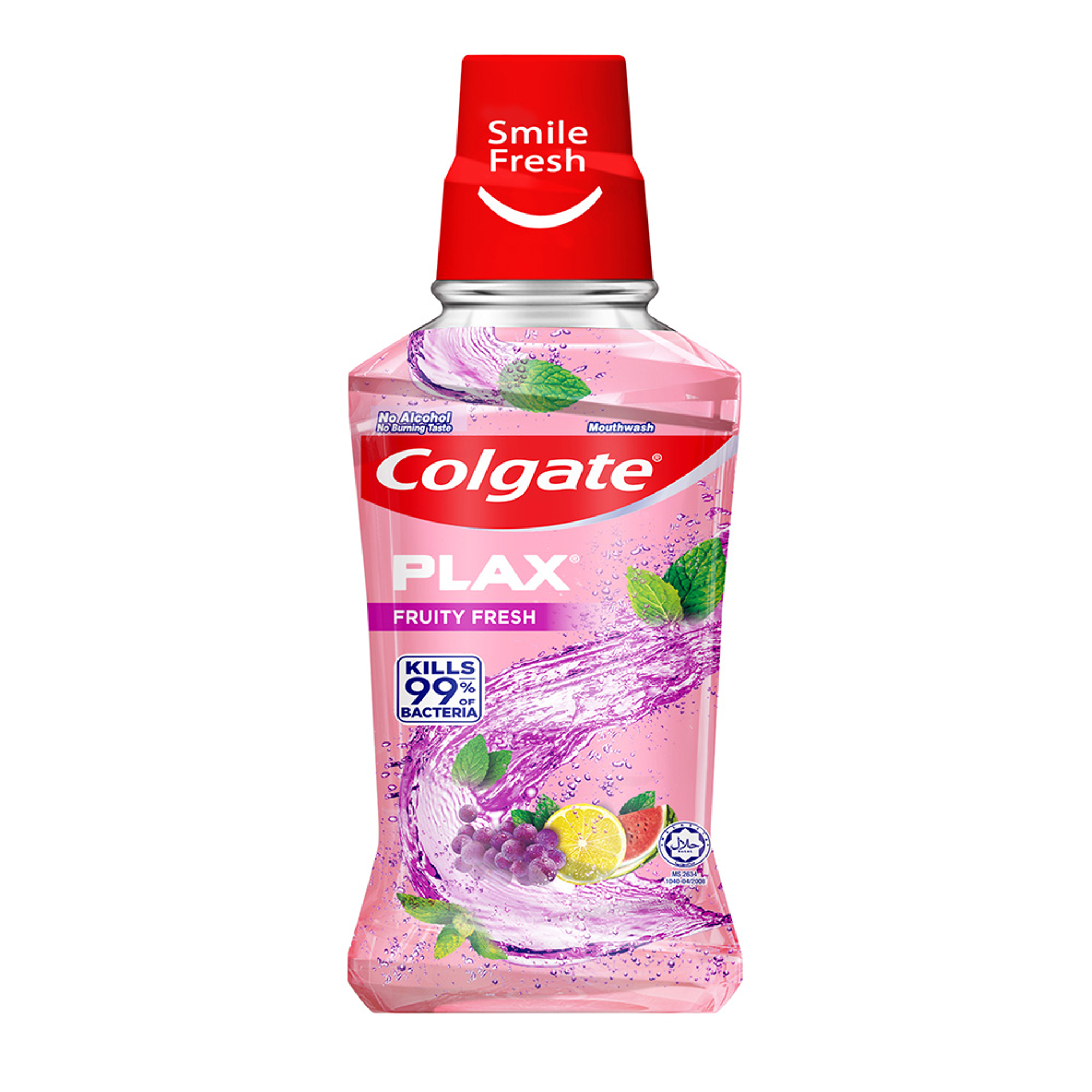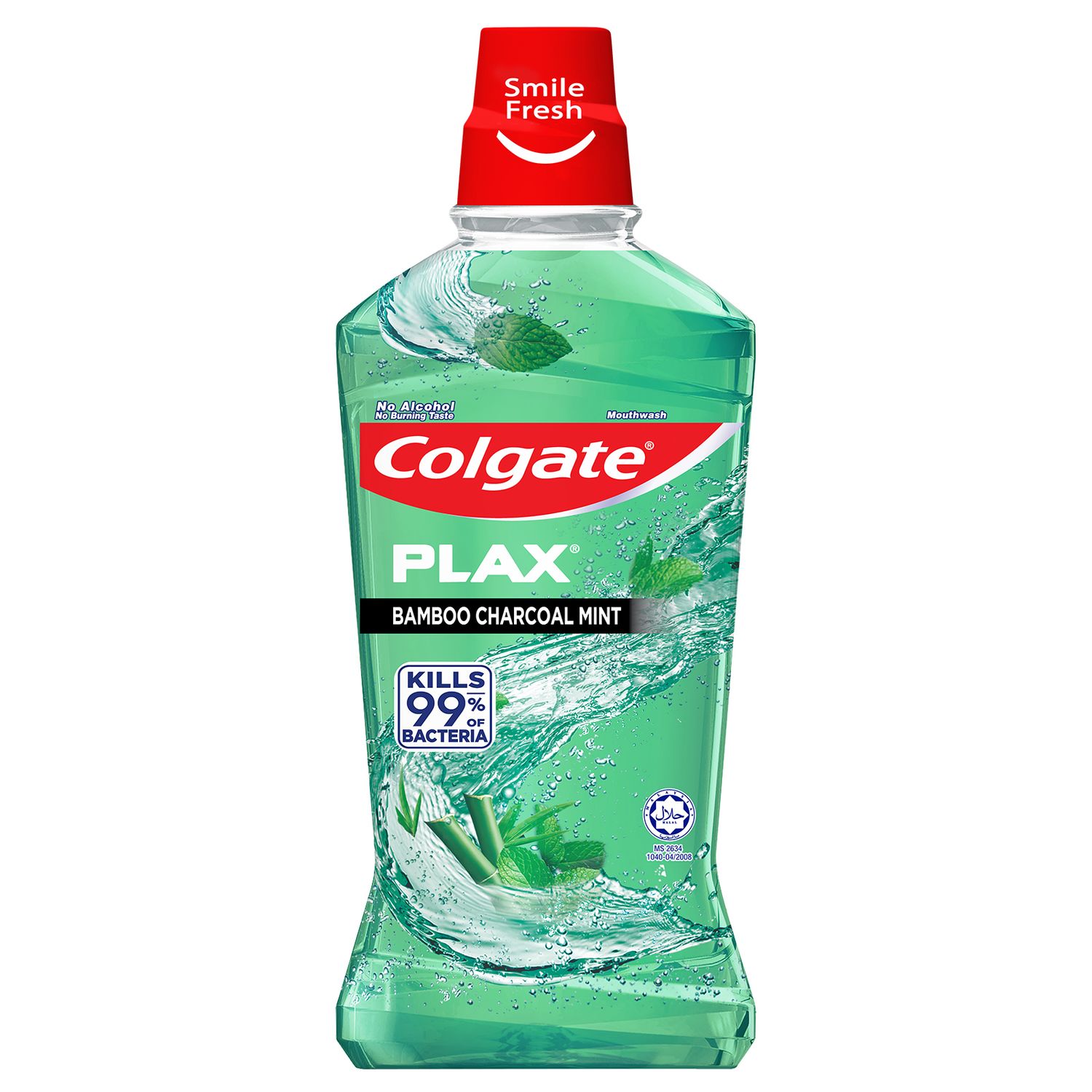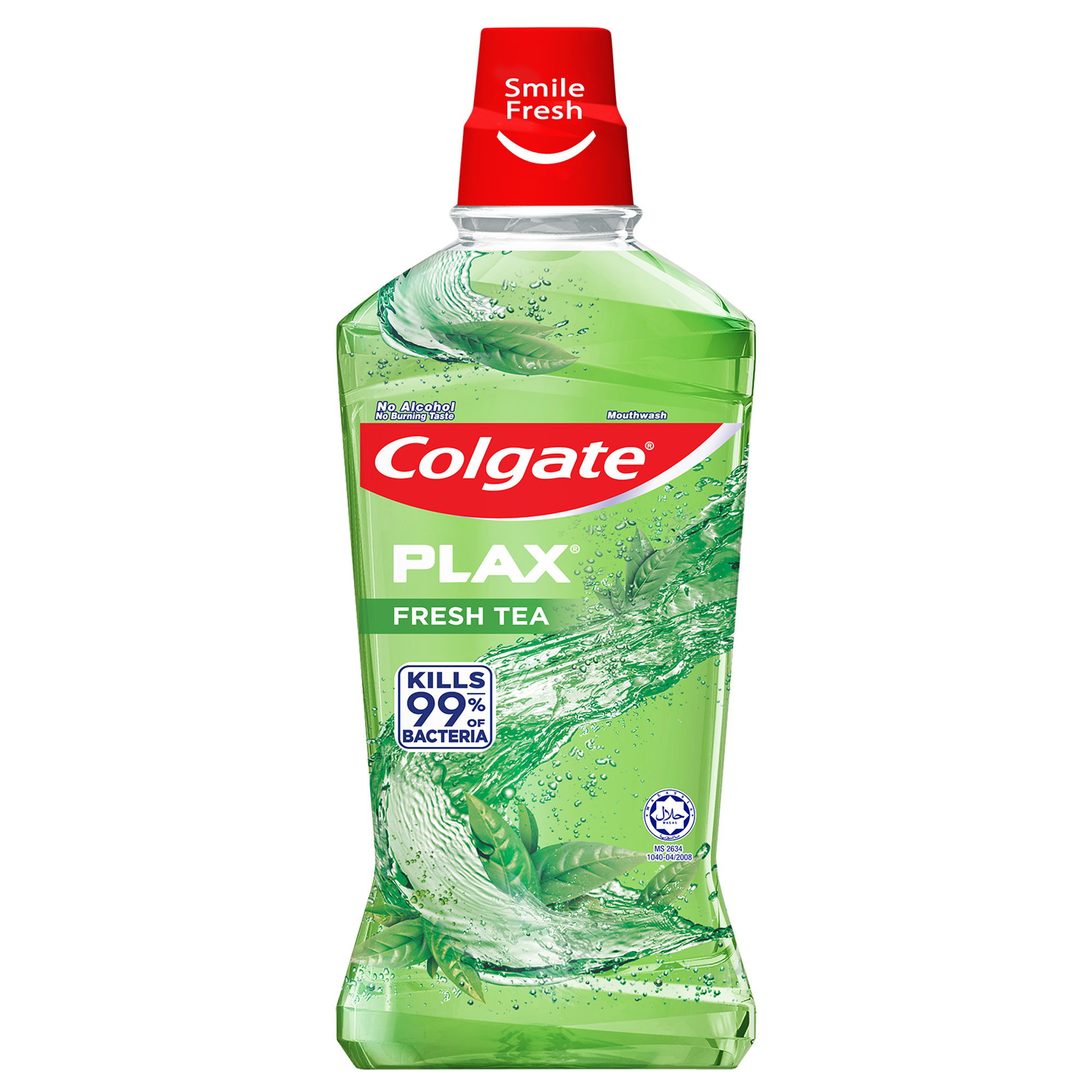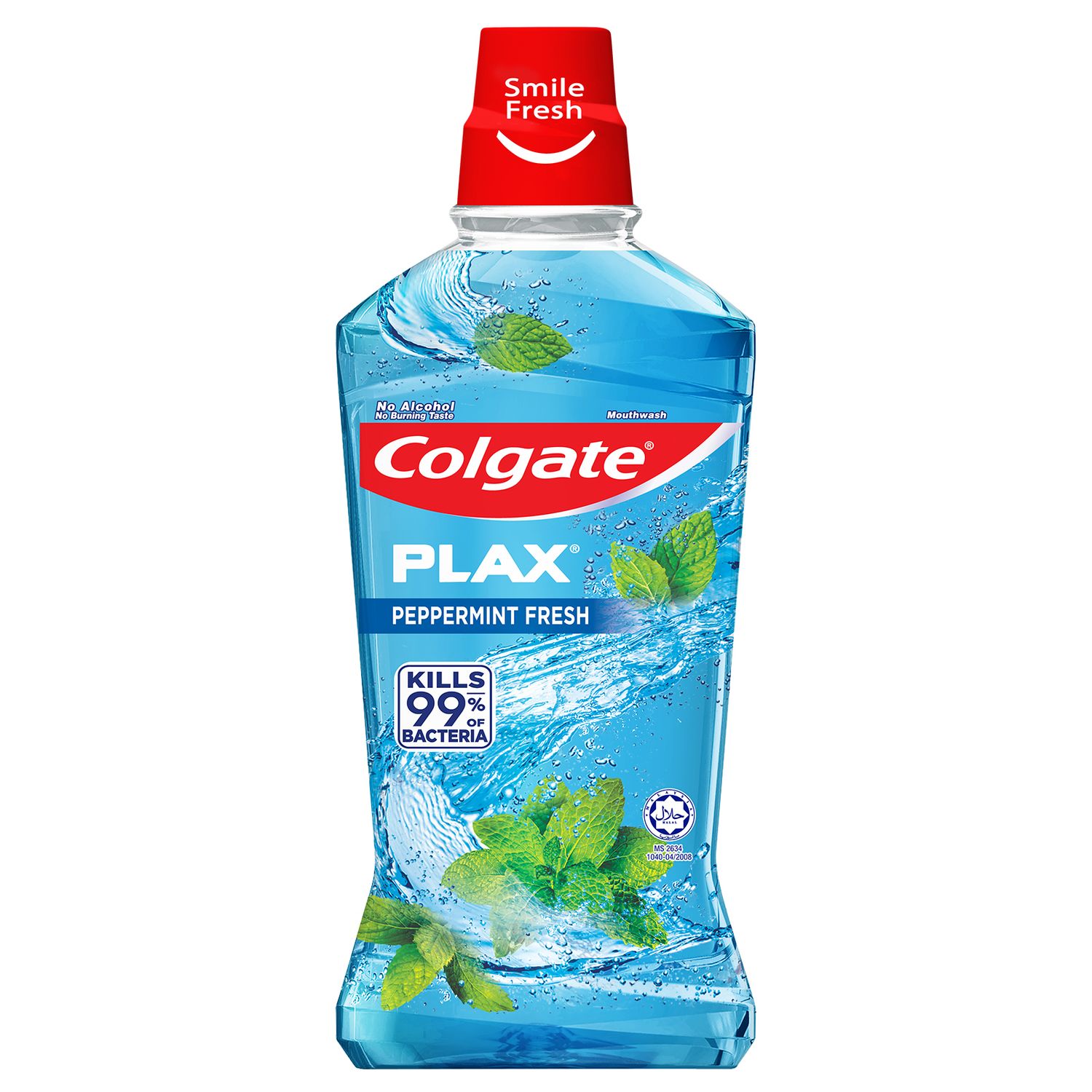-
-

FLUORIDE
Discover how stannous fluoride toothpaste prevents cavities and other oral health issues. Learn the key benefits of fluoride for teeth and its best uses.Fluoride plays a vital role in oral healthcare...

TEETH WHITENING
Teeth Whitening Serum for a Brighter, Confident SmileWho does not want whiter and brighter teeth? Thanks to the many teeth-whitening products available today...
-
Science & Innovation
- ORAL HEALTH ASSESSMENT
- Colgate® | Toothpaste, Toothbrushes & Oral Care Resources
- Oral Health
- Alcohol-Free Mouthwash for Dry Mouth Relief | Colgate SG
.jpeg)
.jpeg)
A dry mouth can cause you a fair amount of discomfort, and often, the reason behind it is not clear. Fortunately, there are a number of oral health products, including various types of toothpaste and mouthwash for dry mouth that you can use to treat the cause.
How Does Dry Mouth Develop?
Dry mouth occurs when you don't produce enough saliva, which contains antimicrobial properties and lubricates your mouth perpetually during the day. Saliva starts the digestion process by breaking down food in the mouth and prevents mouth infections by cleaning the teeth and gums, according to National Cancer Centre Singapore (NCCS). It also helps us with chewing, tasting, swallowing and talking.
A number of reasons exist for the lack of saliva, such as:
- the use of medications
- smoking and drinking
- dehydration
Your dry mouth could also be caused by a disease of the salivary glands or a condition such as Sjogren's Syndrome, which is common in women and in people over the age of 40. Whatever the cause, it's important not to ignore a feeling of dry mouth, because you can develop additional oral health problems in the long term.
Symptoms
According to the Ministry of Health, older adults are more likely to have more illnesses, and the medications they take may result in dry mouth (also known as xerostomia). Some of the symptoms that indicate you could be suffering from this condition are:
- Difficulty speaking
- Problems eating, particularly chewing and swallowing dry, crumbly foods such as crackers and cereals
- Painful denture sores and difficulty with denture retention
- Lack of taste when eating foods
- Painful tongue and a need to drink water, particularly during the night
- Bad breath, cracked lips and mouth sores
The more severe complications of dry mouth, as detailed by NCCS, can manifest as difficulty in breathing, painful mouth ulcers as well as an inability to eat, drink, or take medications or swallow pills.
Solutions and Treatment
Consult with your doctor to find out whether your dry mouth is a result of medication or an underlying medical condition. If not, try to identify the cause by reviewing your daily routine. Address any unhealthy smoking and drinking habits, and make sure your mouth remains hydrated by drinking water throughout the day.
Avoid foods with a high sugar or spice content as well as acidic foods that can aggravate tooth decay. You can also chew sugarless xylitol gum or candy to stimulate the production of saliva in your mouth while freshening your breath.
Your dentist may also recommend products such as saliva substitutes that you can use to replace the moisture in your mouth, or saliva stimulants, which comes in the form of lozenges that you can dissolve in your mouth three times daily.
What Mouthwash Should I Use?
Products containing alcohol tend to increase dryness, so avoid regular, alcohol-based mouthwash. Ask your dentist to recommend a mouthwash formulated for dry mouth. Help avoid risks associated with dry mouth by using an alcohol-free mouthwash formulated to prevent the build-up of plaque and reduce your risk for gingivitis. Above all, protect your teeth by combining your mouthwash for dry mouth with thorough brushing and a fluoride toothpaste. Your dentist may recommend a higher fluoride toothpaste for you.
Related Products

Helping dental professionals
More professionals across the world trust Colgate. Find resources, products, and information to give your patients a healthier future











